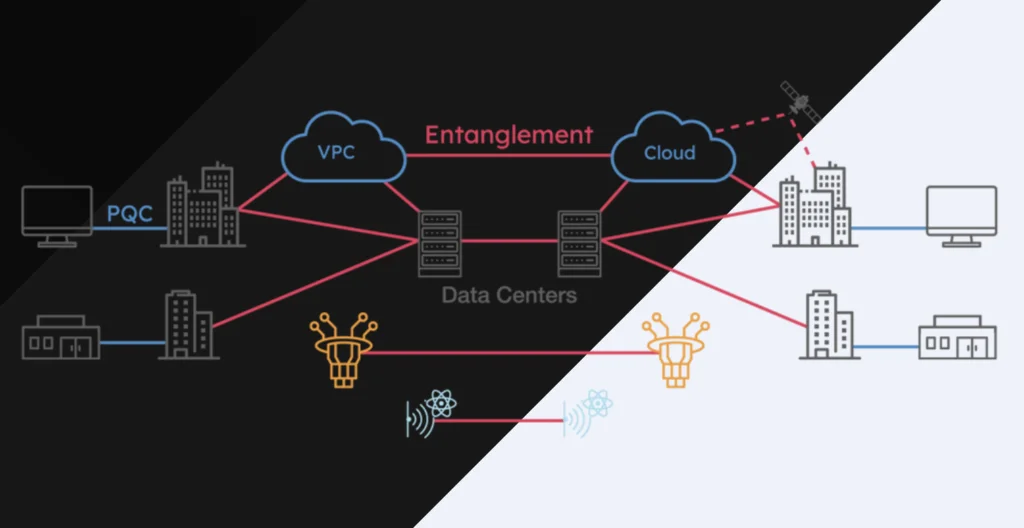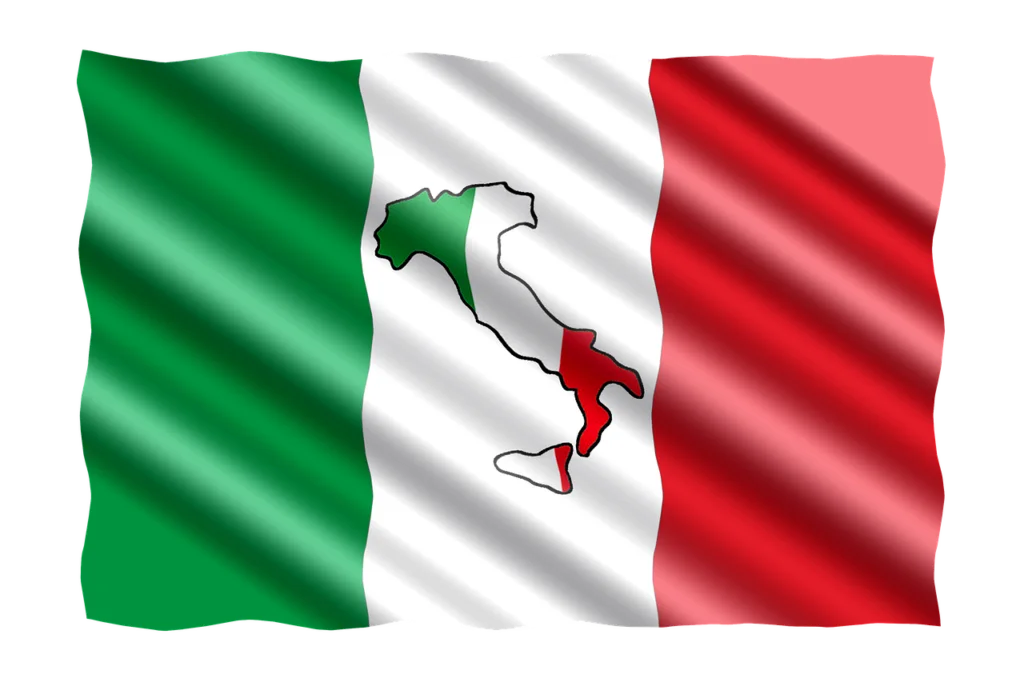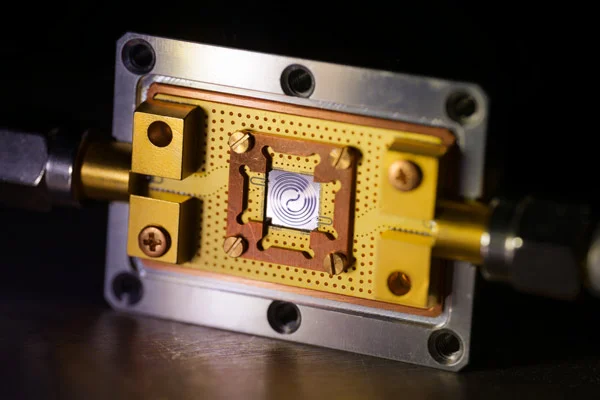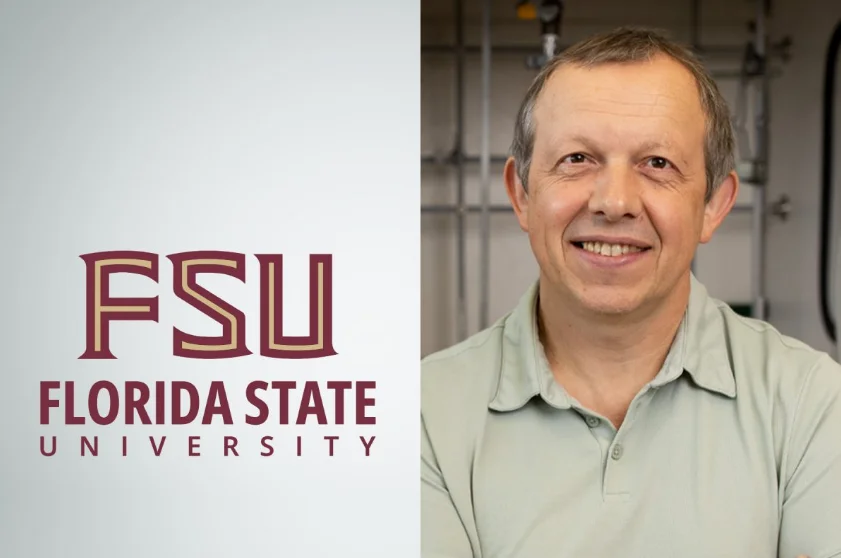
Two Rivals
TQD is happy when we have news to publish that highlights what national governments are doing in the quantum tech space, from the White House’s $1B or so in funding to start the ball rolling for twelve new quantum information science (QIS) and AI R&D institutes around the country in partnership with the National Science Foundation (NSF) and the Department of Energy (DOE) to China’s $10B investment in building the world’s largest state-of-the-art quantum research facility in Hefei.
And though these two countries are leading the race, countries like Canada, Russia, Singapore, Australia, South Korea, and Japan are making efforts too.
The European Union, with its Quantum Technologies Flagship program, is another busybody in this regard, hoping to develop quantum technologies that can compete with the big two. And though the likes of Germany as sovereign states have their own thing going in quantum tech, nobody can deny the Old Continent is an exciting place to be for researchers, scientists and journalists alike working within the industry.
To date, there are several EU initiatives up and running due to the Quantum Technologies Flagship program in quantum communications, quantum simulations, quantum sensing and metrology, quantum computing (QC), basic science, and coordination and support action (CSA).

Quantum Technologies Flagship
The full list, taken from the website which TQD has amended for flow and the reader’s eye, is as follows:
I. Quantum Communications:
1. CiViQ
PROGRAMME: Quantum Communication
THEME: Quantum Technologies
DURATION: October 2018 — September 2021
BUDGET: €9.9M
Established to develop quantum-enhanced physical layer security services that can be combined with modern cryptographic techniques, to enable unparalleled applications and services.
2. Quantum Internet Alliance
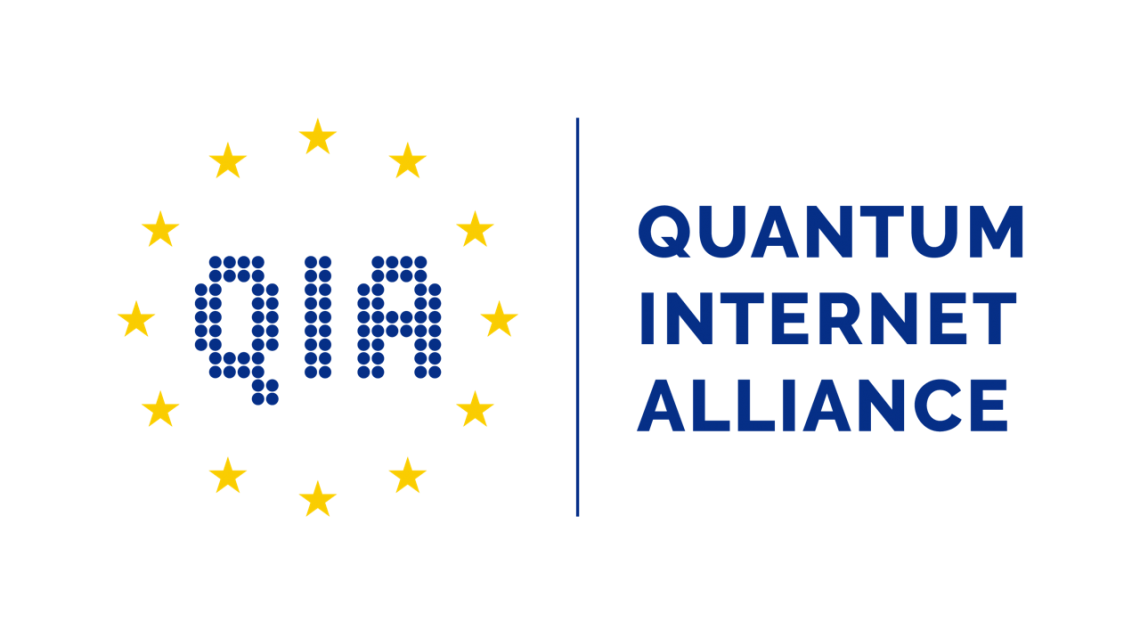
PROGRAMME: Quantum Communication
THEME: Quantum Technologies
DURATION: October 2018 — September 2021
BUDGET: €10.4M
The QIA project aims at building a Quantum Internet that enables quantum communication applications between any two points on Earth.
3. QRANGE
PROGRAMME: Quantum Communication
THEME: Quantum Technologies
DURATION: October 2018 — September 2021
BUDGET: €3.1M
The QRANGE project wants to push the quantum range number generation (QRNG) technology further, allowing for a wide range of commercial applications of QRNG.
4. UNIQORN
PROGRAMME: Quantum Communication
THEME: Quantum Technologies
DURATION: October 2018 — September 2021
BUDGET: €9.9M
The project UNIQORN aims at revolutionizing the Quantum Ecosystem from Fabrication to Application.
II. Quantum Simulations:
5. Qombs
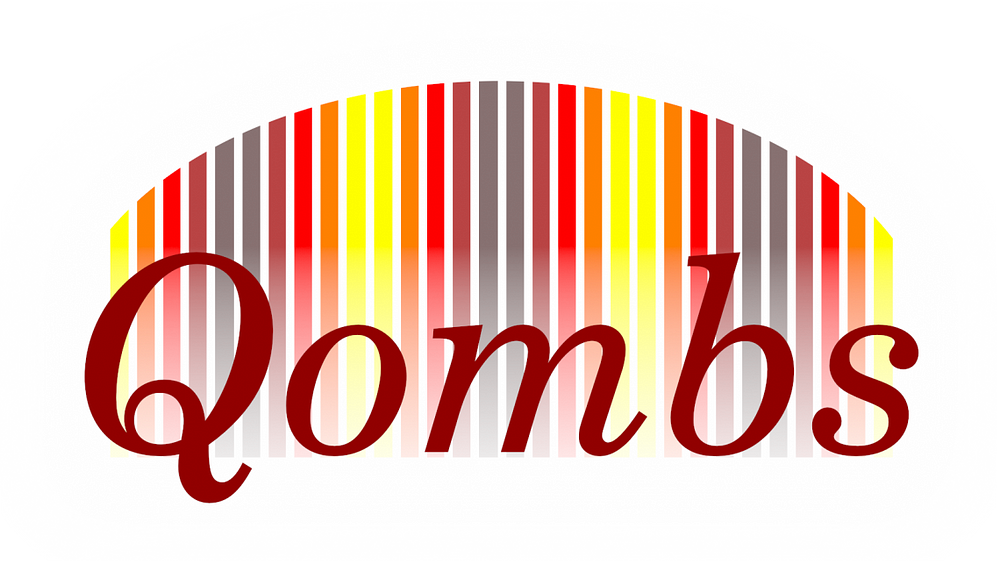
PROGRAMME: Quantum Simulation
THEME: Quantum Technologies
DURATION: October 2018 — September 2021
BUDGET: €9.3M
Qombs project is a quantum simulator platform made of ultracold atoms for engineering quantum cascade laser frequency combs.
6. PASQuanS
PROGRAMME: Quantum Simulation
THEME: Quantum Technology
DURATION: October 2018 — September 2021
BUDGET: €9.2M
The PASQuanS project will develop next-generation Quantum Simulation platforms that will be pushed far beyond both the state-of-the-art and the reach of classical computation.
III. Quantum Sensing and Metrology:
7. iqClock
PROGRAMME: Quantum Metrology and Sensing
THEME: Quantum Technologies
DURATION: October 2018 — September 2021
BUDGET: €10M
The iqClock project aims to boost the development of optical clocks using quantum technology to be ultra-precise and affordable. These clocks will improve technological developments and scientific applications that are beneficial to society.
8. MetaboliQs

PROGRAMME: Quantum Metrology and Sensing
THEME: Quantum Technologies
DURATION: October 2018 — September 2021
BUDGET: €6.6M
The MetaboliQs project is working to leverage room-temperature diamond quantum dynamics to enable safe multimodal cardiac imaging which can help better diagnosis of Cardiovascular Diseases.
9. macQsimal
PROGRAMME: Miniature Atomic vapor-Cells Quantum devices for SensIng and Metrology Applications
THEME: Quantum Technologies
DURATION: October 2018 t — September 2021
BUDGET: €10.2M
The macQsimal project aims to develop quantum-enabled sensors that measure physical observables which will benefit many areas like autonomous driving, medical imaging and more.
10. ASTERIQS
PROGRAMME: Quantum Metrology and Sensing
THEME: Quantum Technologies
DURATION: October 2018 — September 2021
BUDGET: €9.7M
The ASTERIQS project is developing precise sensors made from diamonds to measure quantities such as magnetic field, electric field, temperature or pressure.
IV. Quantum Computing:
11. OpenSuperQ
PROGRAMME: Quantum Computing Systems
THEME: High-Performance Computing
DURATION: October 2018 — September 2021
BUDGET: €10.3M
The OpenSuperQ project aims to enable European citizens to be able to use the final machine and learn about quantum computer programming in a guided way.
12. AQTION
PROGRAMME: Quantum Computing Systems
THEME: Quantum Technologies
DURATION: October 2018 — September 2021
BUDGET: €9.5M
The AQTION project will realize a scalable European quantum computer that is based on the manipulation of single-charged atoms.
V. Basic Science:
13. 2D·SPIC
PROGRAMME: Fundamental Science
THEME: Quantum Technologies
DURATION: October 2018 — September 2021
BUDGET: €2.9M
The 2D·SPIC project explores new quantum device concepts based on 2D materials that have enhanced quantum properties and can bring new functionalities.
14. S2QUIP

PROGRAMME: Fundamental Science
THEME: Quantum Technologies
DURATION: October 2018 — September 2021
BUDGET: €2.9M
The S2QUIP project is developing quantum integrated photonic circuits, which will provide the end-user on-demand with carriers of quantum information to share with other users via quantum communication channels.
15. QMiCS
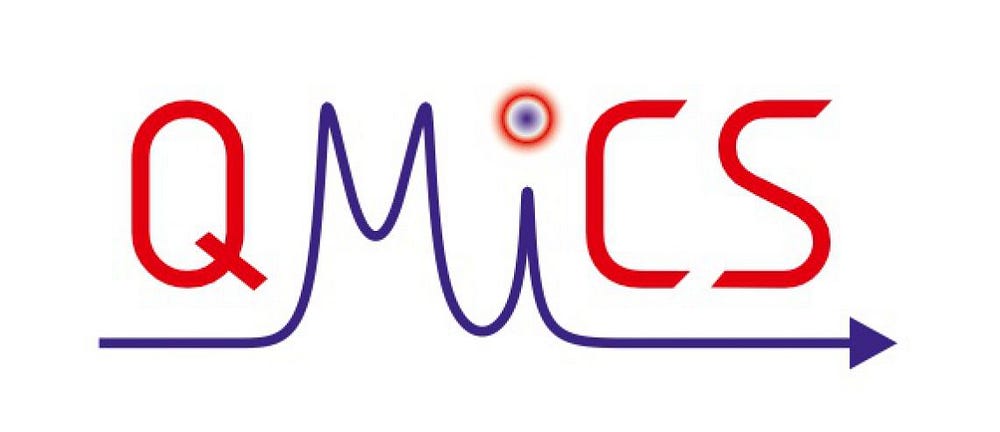
PROGRAMME: Fundamental Science
THEME: Quantum Technologies
DURATION: October 2018 — September 2021
BUDGET: €2.9M
The QMiCS project aims to set up quantum architecture to implement quantum communication protocols.
16. SQUARE
PROGRAMME: Fundamental Science
THEME: Quantum Technologies
DURATION: October 2018 — September 2021
BUDGET: €2.9M
The results of the SQUARE project will contribute to strengthen the European high-tech industry as it aims to establish a new platform for quantum computing, quantum networking and quantum communication.
17. PhoGs
PROGRAMME: Fundamental Science
THEME: Quantum Technology
DURATION: October 2018 — September 2021
BUDGET: €2.7M
The goal of PhoGs is to deliver a compact, versatile, deterministic source of quantum light based on integrated waveguide networks with engineered loss, and to develop its applications in metrology and other quantum technology tasks.
18. PhoQuS
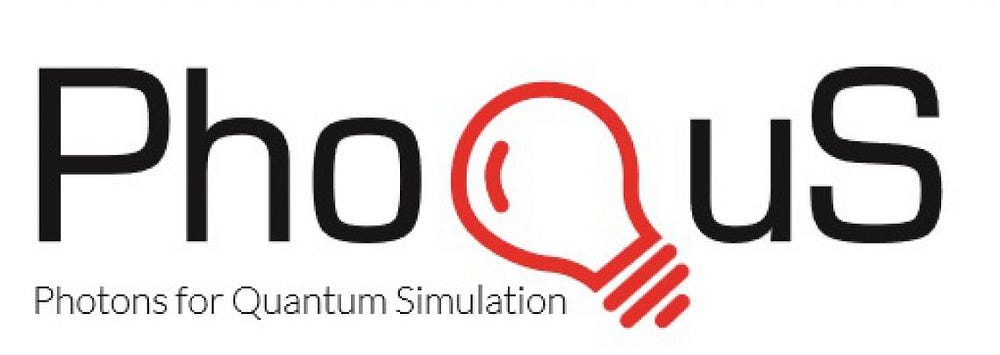
PROGRAMME: Fundamental science
THEME: Quantum Technologies
DURATION: October 2018 — September 2021
BUDGET: €2.9M
The PhoQuS project aims to understand the photonic quantum fluids and to develop a new platform for quantum simulation.
19. MicroQC
PROGRAMME: Fundamental Science
THEME: Quantum Technology
DURATION: October 2018 — September 2021
BUDGET: €2.3M
MicroQC will build a scalable quantum computer that outperforms the best classical computers in certain computational tasks.
VI. Coordination and Support Action:
20. QFLAG
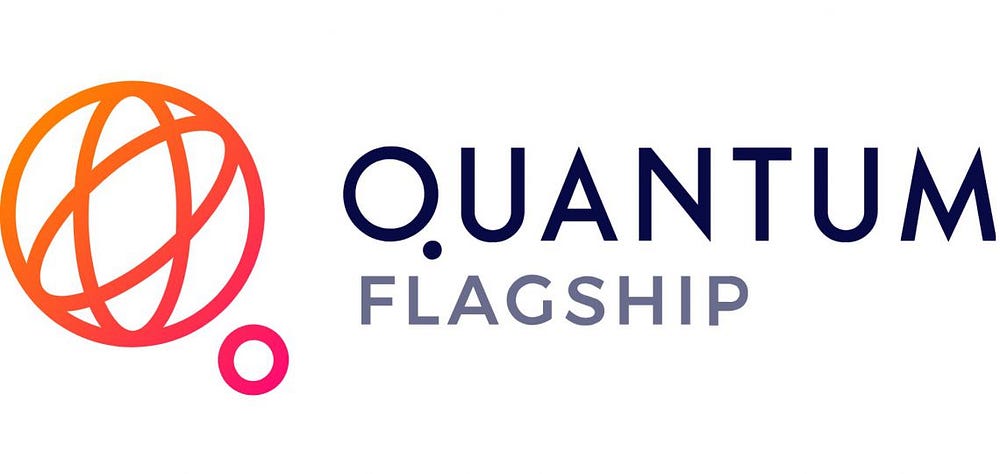
PROGRAMME: CSA
THEME: Quantum Technologies
DURATION: October 2018 — March 2022
BUDGET: €3.4M
QFLAG will build upon the work of the Quantum Support Action (QSA), supporting the governance of the Quantum Flagship and monitoring its progress while coordinating the stakeholders to set conditions to foster innovation, education and training, and increase awareness of QT in Europe.
The Next Level
As you can see, the EU’s Quantum Flagship Program is in full flow, and with many of them set to stop in the autumn of 2021, let’s hope results — as well as the investment pumped into them — take the continent to the next level in its goal of competing globally with the US and China.
But they’re not the only initiatives in Europe, far from it.
21. FastGhost
Another exciting one is a project funded by the European Union’s Horizon 2020 research and innovation program called FastGhost. With almost €3M in funding, bolstered by partnerships with the Fraunhofer Institute for Applied Optics and Precision Engineering IOF (Germany), the Institute of Applied Physics at Friedrich-Schiller-Universität Jena (Germany), Single Quantum B.V. (the Netherlands), Fondazione Bruno Kessler (Italy), and Kungliga Tekniska Hoegskolan (Sweden), the FastGhost project aims to:
Manipulate single photons and photon pairs to deliver a ground-breaking quantum imaging system for the mid-IR region targeting the medical sciences
Started in October of this year, the project’s name aligns with what the group is trying to do with chemically selective microscope based on quantum technology (quantum ghost imaging). If the research turns out positive results, it could be game-changing for applications in the life sciences.
As the Fraunhofer Institute for Applied Optics and Precision Engineering IOF is the biggest contributor to the project (€925 367,50) as far as funding goes, it takes the lead as the coordinator.

There is little doubt the FastGhost project — along with the other nearly two dozen mentioned — will put the EU comfortably on the QIS’s map, extending its scope, expertise and influence on a technology that will shape Industry 4.0.
In a year that most would rather forget about (for obvious reasons), the news that Europe’s efforts in quantum tech are up and running will be soothing to many in the industry.
TQD hopes these initiatives are just the first of many, many more.
If you found this article to be informative, you can explore more current quantum news here, exclusives, interviews, and podcasts.













